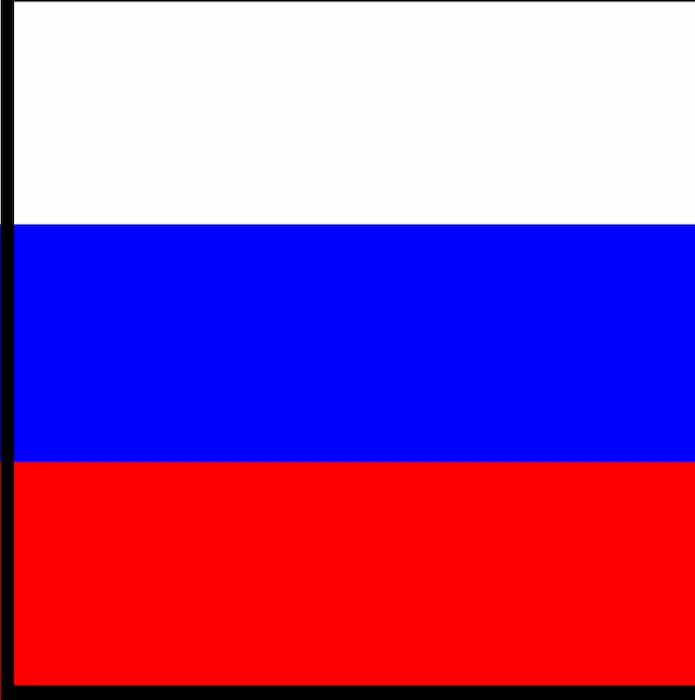Compliance
EU To Freeze Putin's, Lavrov's Assets

Co-operation by banks over the asset freeze will depend on the degree of cooperation from the financial institutions.
The European Union was due to freeze the assets of Russia’s president Vladimir Putin and his foreign minister Sergei Lavrov with a new sanctions package on Friday, according to various media sources.
The asset freeze will mean that EU-based banks will be barred from making funds available to the pair, although this will depend on the degree of cooperation from the banks.
The action will not affect the ability of Putin or Lavrov to travel as the EU seeks to keep diplomatic avenues open.
The EU’s foreign ministers were preparing to approve the sanctions package on Friday, sources said. The new sanctions would be the second in the space of three days. The bloc had already approved an initial package of sanctions in response to Russia’s sending troops into the Donetsk and Luhansk regions of eastern Ukraine.
The initial punishment included a number of measures against Russian banks and institutions including barring some transactions with a wide range of Russian banks, barring a number of state-owned companies from launching new listings on stock exchanges in the EU, and stopping Russian nationals from making big deposits in EU banks, the FT said.
The US has also imposed sanctions that cover almost 80 per cent of all banking assets in Russia, as reported by this news service. Separately, the Swiss government has promised that it will not let its financial system be used to bypass EU sanctions. The Ukraine crisis has rocked financial markets and turned a spotlight on how wealthy Russians have used the Western financial system in recent years.
The EU is under pressure after Russia stepped up its assault on its neighbour on Friday. Earlier last week, Ukraine’s banks were hit by cyber attacks, according to the country’s minister of digital transformation.
Volodymyr Zelensky, Ukraine’s president, criticised the bloc on Friday for not imposing deep enough sanctions on Moscow, as he called for Putin to negotiate in order to “stop the death.”